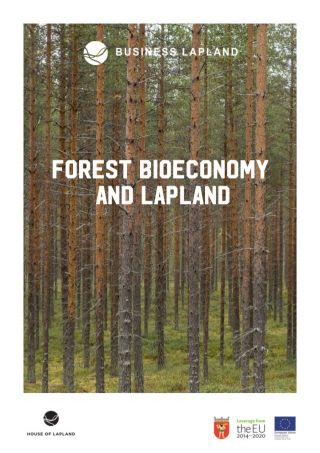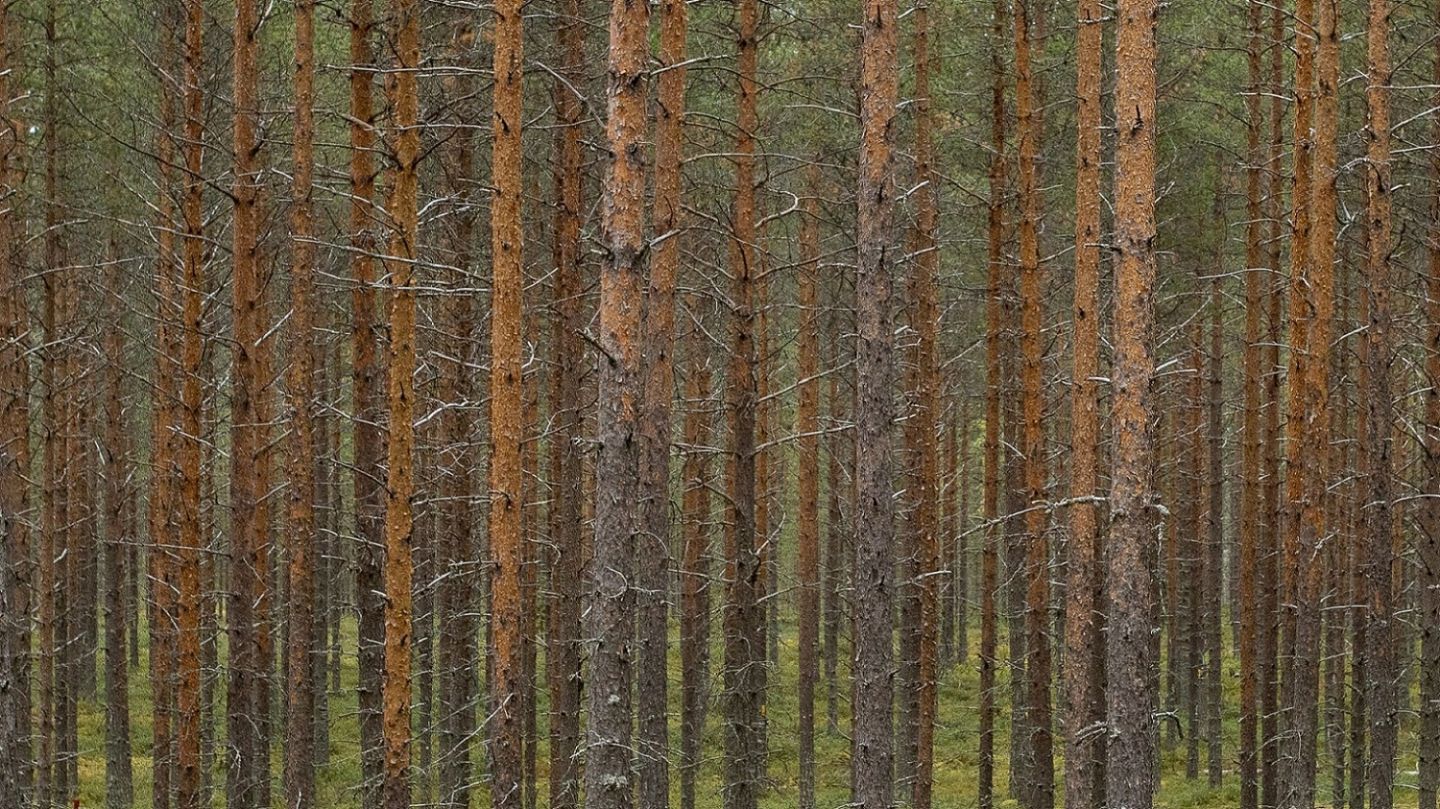Forest bioeconomy offers substitutes for many products made from non-renewable raw materials. In practice, everything that is currently produced mainly from the oil can be produced organically.
The forest industry is already the second largest industry in Lapland. The forest sector as a whole produces around 1.5 billion € and employs around 3 600 people. The planned major investments in the bio-industry will, if realized, bring a significant increase in the current volume. Large forest industry projects are significant employers both in the investment and operational phases, and significant employment effects are generated throughout the value chain.

Forests play an important role in mitigating climate change. Forests and other biomass bind carbon dioxide from the atmosphere as a result of the connection and act as significant carbon sinks. In the current state, considering the growth and total depletion of forests, the carbon stock of Finnish forests is constantly growing.
EU land use policy called the LULUCF regulation was adopted in early 2018. The LULUCF regulation sets out how carbon sinks, as well as greenhouse gas emissions from forests and land use, will be taken into account in the EU’s climate targets for 2030. Finland has provided the Commission with calculations of the forest reference level under the regulation. Benchmarking is underway. Member States’ benchmarks will be strengthened in 2020.
Read more about the forest bioeconomy fact sheet commissioned by House of Lapland!
Published 11/2019



